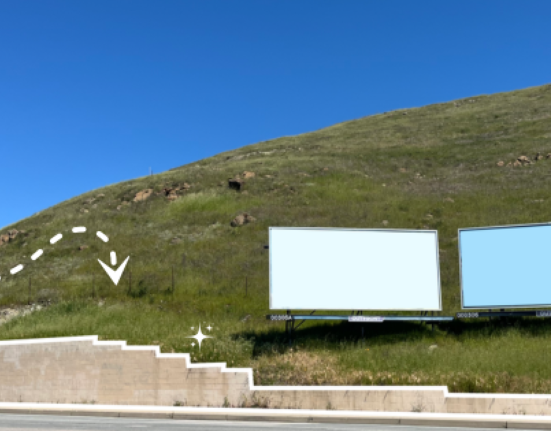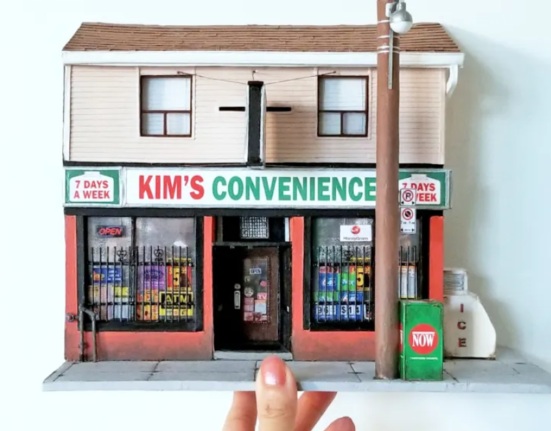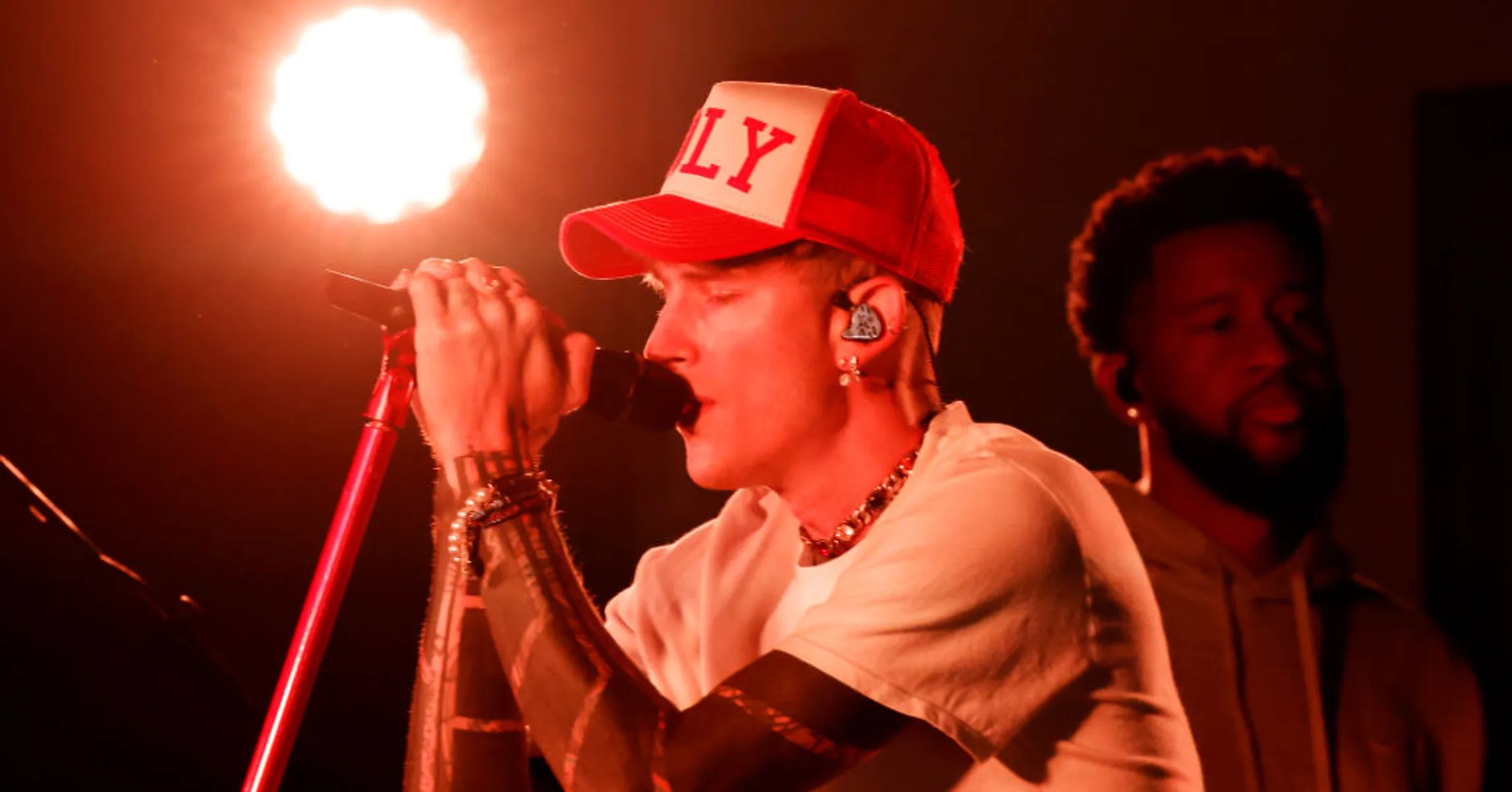lucas samaras (1936 – 2024)
Greek-born American artist Lucas Samaras, known for his groundbreaking work in digital art and pushing the boundaries of self-portraiture, passed away on March 7 at the age of 87. His death was announced by Pace Gallery, his representative since 1965.
Samaras revolutionized image-making methods throughout his illustrious career, focusing on the interplay between the body and the psyche. His autobiographical exploration across various mediums such as photography, painting, installation, assemblage, drawing, textile, and sculpture contemplates the flexible and transformative essence of selfhood. ‘I like remaking myself in photography,’ the artist once said.
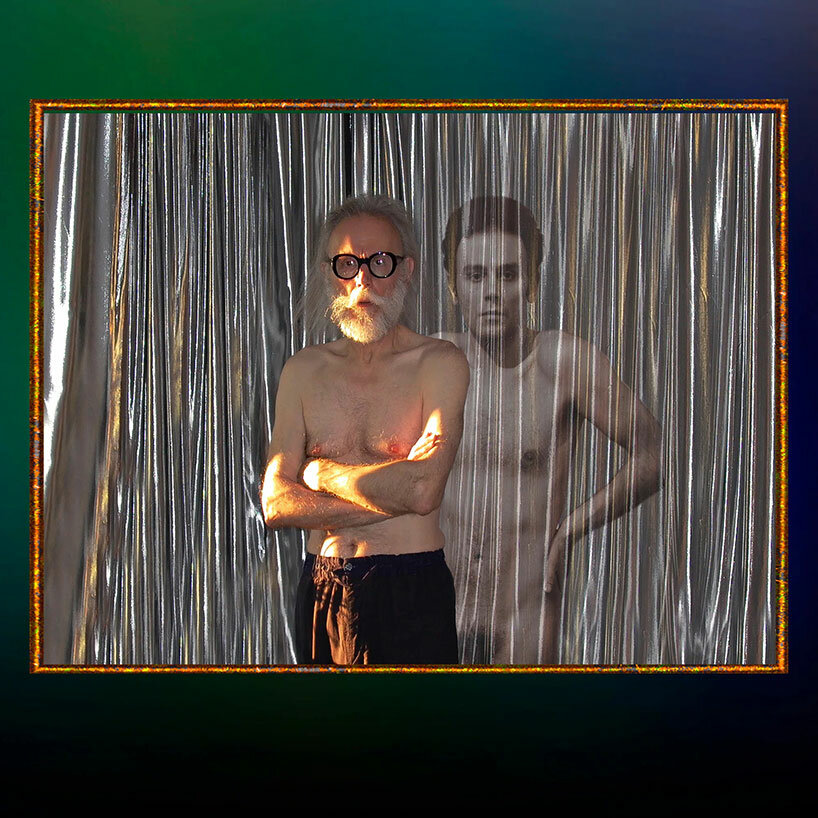
Lucas Samaras, Untitled, 2019 © Lucas Samaras, courtesy Pace Gallery
formative years and milestones
Born in Kastoria, Greece in 1936, Lucas Samaras immigrated to the United States with his family in 1948, settling in West New York, New Jersey. He pursued his education at Rutgers University in New Jersey from 1955 to 1959, where he studied under artists Allan Kaprow and George Segal and met future collaborator Robert Whitman. Samaras later expanded his artistic horizons by studying art history under Meyer Schapiro at Columbia University in New York in 1959.
Immersing himself in the postwar art scene, Samaras became involved in the Happenings movement, a theatrical and experimental art form that combined installation, performance, and other mediums. His early associations with Kaprow and Whitman established him as a leading figure in the Happenings alongside renowned artists like Claes Oldenburg and Jim Dine. Despite the fluidity of his artistic style, Samaras’s work during this period defied categorization, ranging from richly colored pastel self-portraits to intricate assemblage boxes adorned with various materials, including cutlery, nails, mirrors, photographs, yarn, and feathers. In 1961, Samaras introduced his assemblage boxes at the Green Gallery in New York, coinciding with his inclusion in The Art of Assemblage, a group exhibition at the Museum of Modern Art. Five years later, his inaugural solo exhibition with Pace showcased works created between 1960 and 1966. Notable among the pieces displayed was Room No. 2 (1966), also known as Mirrored Room, which originated from his assemblage boxes and marked his first installation to enter a museum collection when acquired by the Albright-Knox Art Gallery in Buffalo, New York, in the same year. Subsequently, Samaras held his first institutional solo exhibition at the Museum of Modern Art in New York in 1969, followed by his inaugural international solo exhibition at the Kunstverein Museum in Hannover, Germany, in 1970.
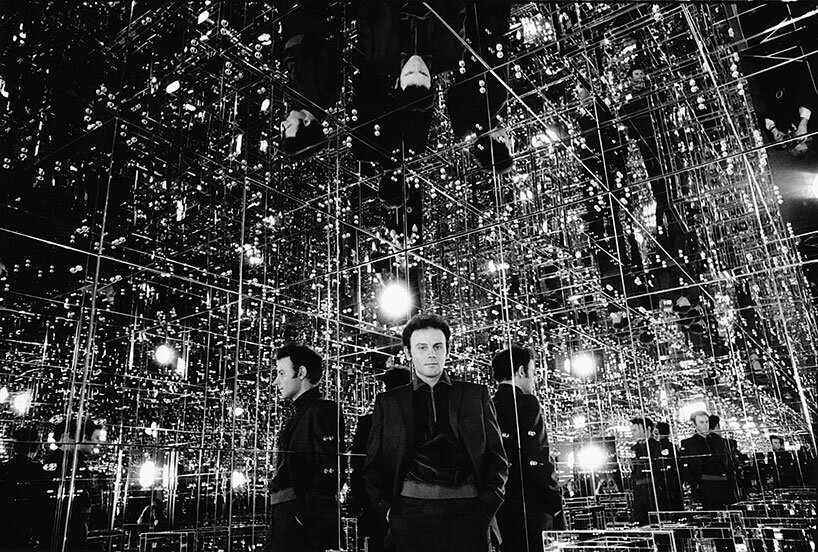
installation view of Lucas Samaras: Selected Works 1960-1966, Pace New York, Oct 8 – Nov 5, 1966 © Lucas Samaras. Photo: David Gahr
from polaroids to NFTs
Lucas Samaras’s artistic journey in the late 1960s marked a pivotal moment with his experimentation using a Polaroid 360 camera, leading to the creation of his iconic Auto Polaroids. Subsequently, in 1973, he further pushed the boundaries of image manipulation with the Polaroid SX-70, utilizing techniques that resulted in abstract and otherworldly effects in his Photo-Transformations series. Throughout the following decades, Samaras continued to explore new technologies alongside his signature collage approach, navigating the evolving landscape of image-making techniques. In later years, Samaras’s exploration expanded to provocative photographic series such as Sittings and Poses, capturing prominent figures in the New York art scene.
Embracing digital tools like Photoshop, he ventured into the realm of digital art with his famed Photofictions series, displayed in a solo exhibition at Pace in New York in 2003. Samaras’s commitment to innovation remained steadfast, evidenced by his pioneering work in NFT projects in 2021, showcasing his enduring dedication to pushing the boundaries of photography and digital art until the end of his illustrious career.
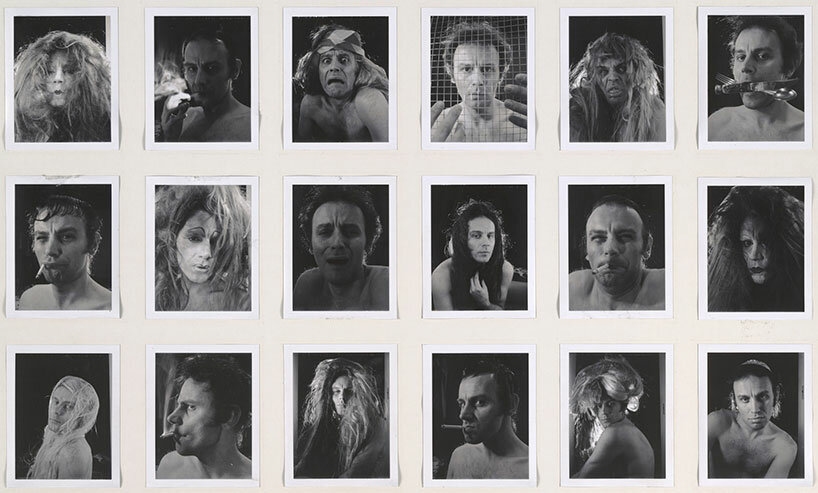
Lucas Samaras. Auto Polaroid. 1969-71 | image courtesy of MoMA
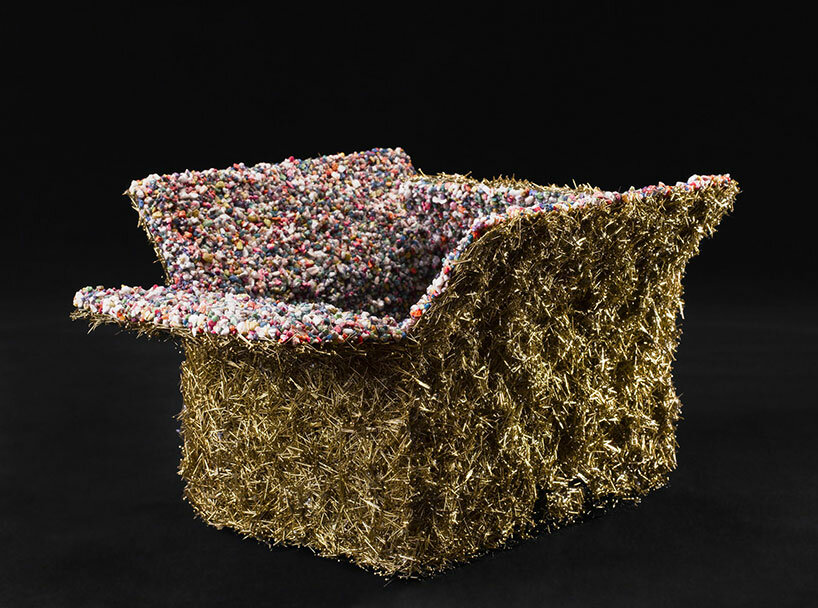
Lucas Samaras, Box #86, 1973, mixed media, 9-1/4″ × 12-1/2″ × 15″ (23.5 cm × 31.8 cm × 38.1 cm) © Lucas Samaras
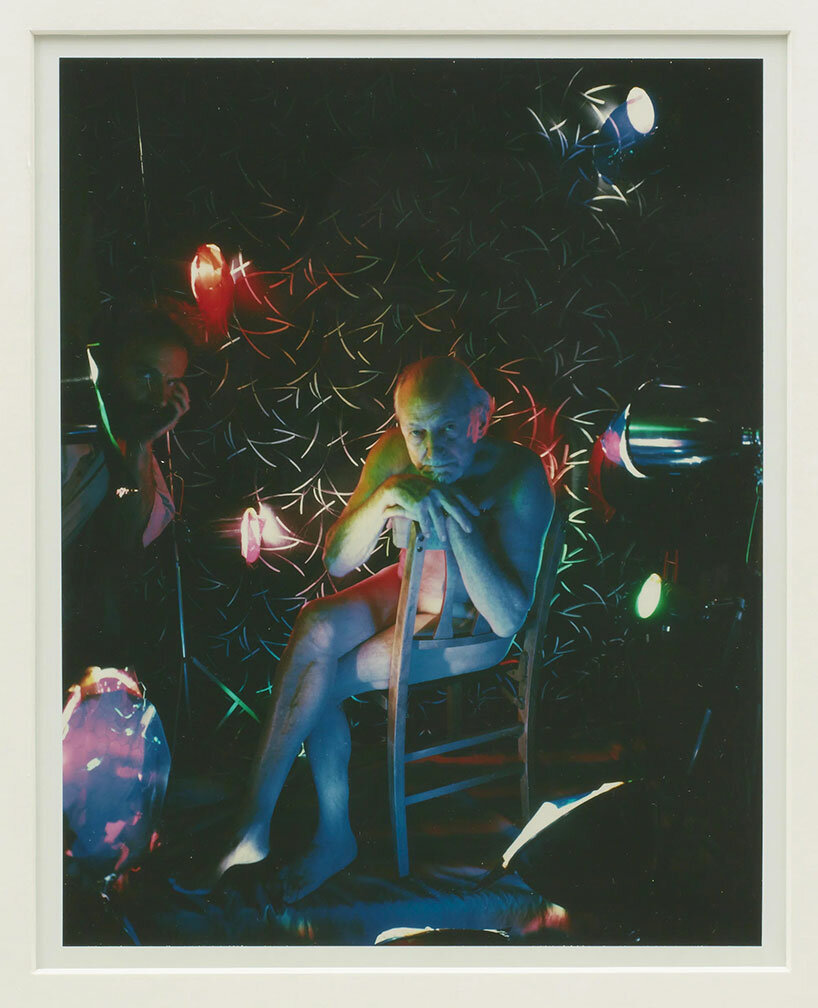
Lucas Samaras, Sittings 8 x 10, 10/14/80, 1980 © Lucas Samaras
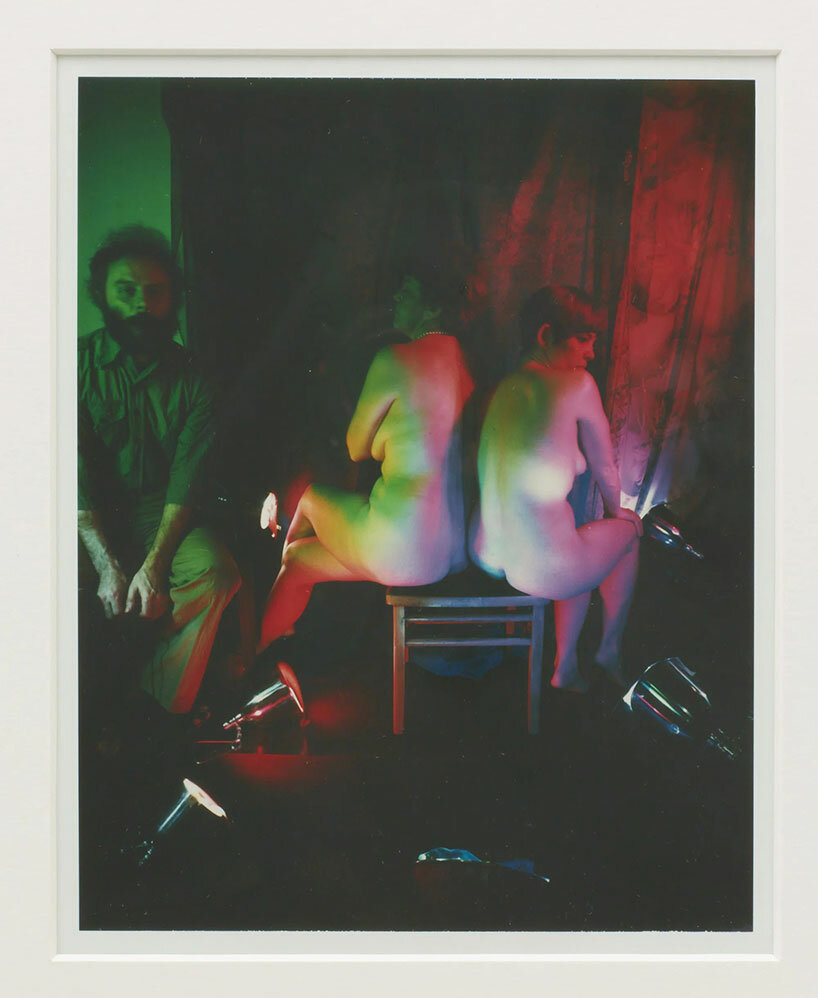
Lucas Samaras, Sittings 8 x 10, 1/29/79, 1979 © Lucas Samaras


